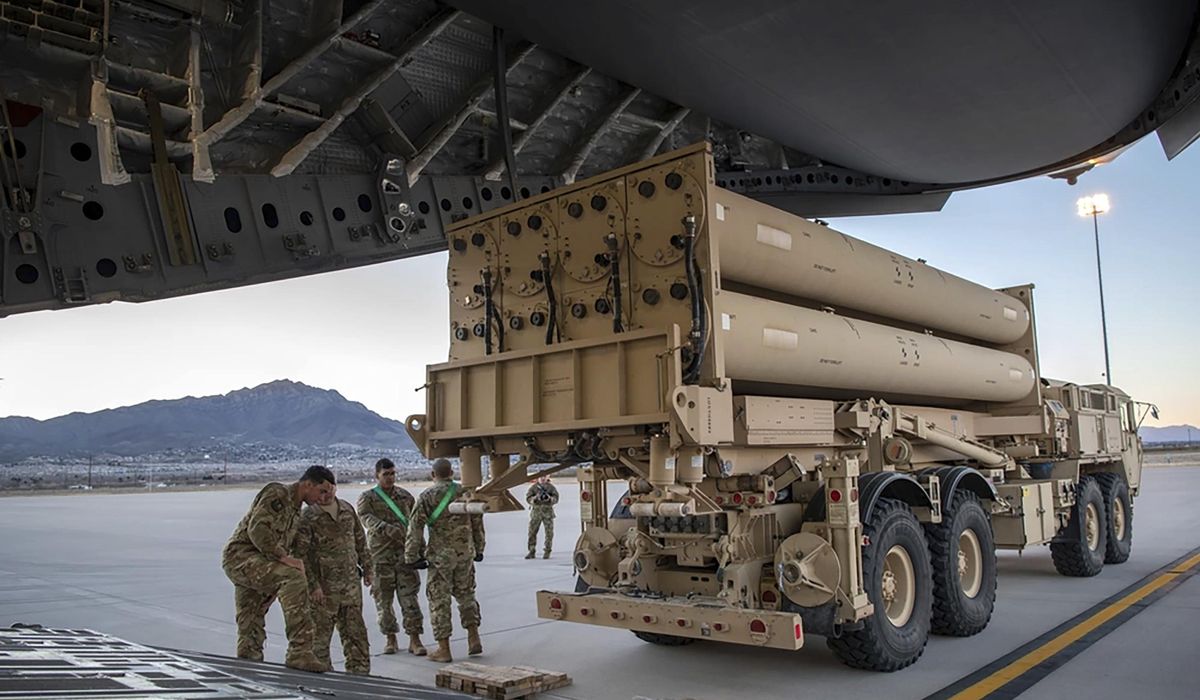


The U.S. Missile Defense Agency on Thursday awarded Lockheed Martin a $2.8 billion contract to develop more Terminal High Altitude Area Defense defensive weapon systems.
The contract, which can last up to 10 years, provides significant funding for the research and development of THAAD defensive systems. According to Lockheed Martin, the systems have proven effective at defending against short-, medium- and intermediate-range ballistic missiles.
“The combat-proven THAAD interceptor is an effective deterrent against a range of ballistic missile threats,” said Dan Nimblett, vice president of Upper Tier Integrated Air and Missile Defense at Lockheed Martin. “… THAAD is a key part of our missile defense architecture, and this vote of confidence from the MDA reinforces our commitment to jointly delivering enhanced defensive capability against emerging missile threats.”
The company said in its statement that the THAAD system has compiled a perfect record for intercepting ballistic missile targets during tests, destroying 17 out of 17 targets.
The company said this week’s MDA contract will build on 2012’s THAAD Advanced Capability Development contract, worth around $66 million.
THAAD batteries were deployed to Israel in late 2024 following Iran’s ballistic missile barrage earlier that year, and the technology has been on the ground in South Korea since 2016.
In South Korea, the batteries were deployed in response to nuclear threats from neighboring North Korea, but the move sparked friction with China, which condemned the installation as an act of aggression and retaliated by closing several popular South Korean discount stores operating in China.
THAAD’s deployment in Israel may have encouraged Iran to improve its missile defense systems. Earlier this week, the Iranian government announced it had successfully tested a homemade drone and ballistic defense system in coordination with Russia’s S-300 missile system.
Domestically, it is unclear if the THAAD system will play any part in President Trump’s “Iron Dome for America” executive order. The MDA announced this week that it had begun market research to seek out missile defense technology that may help in constructing a missile defense shield that can cover the U.S. homeland.
• Vaughn Cockayne can be reached at vcockayne@washingtontimes.com.
